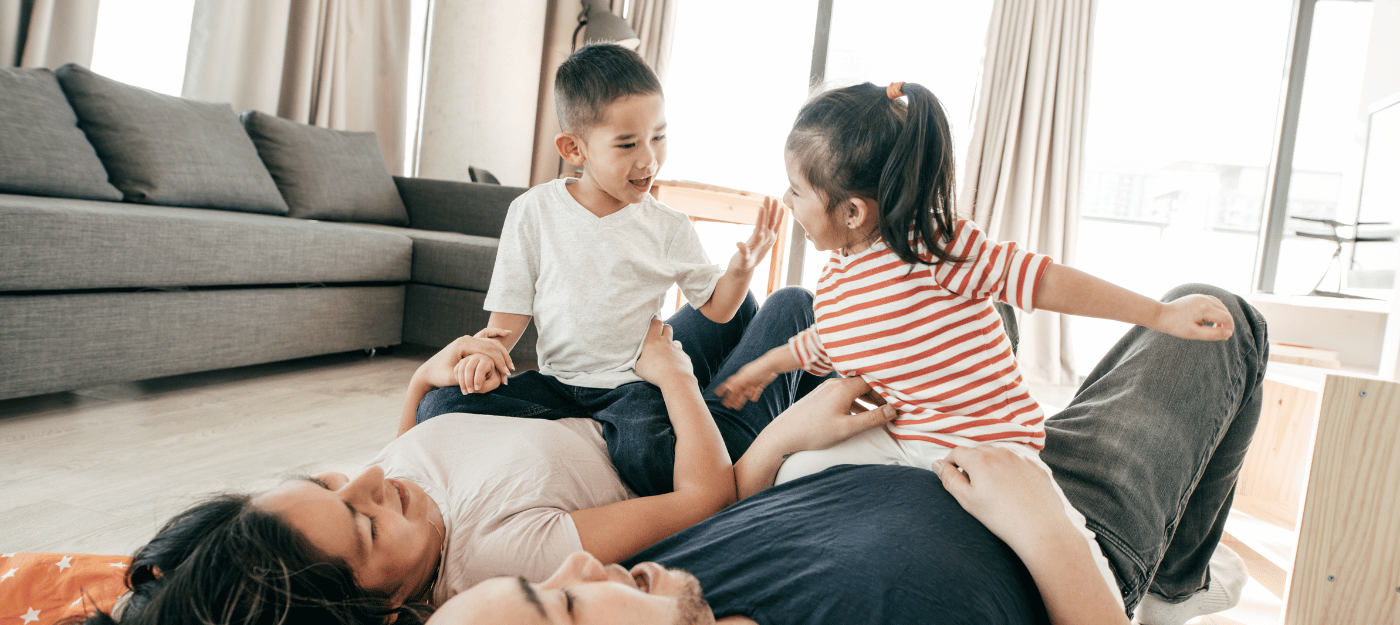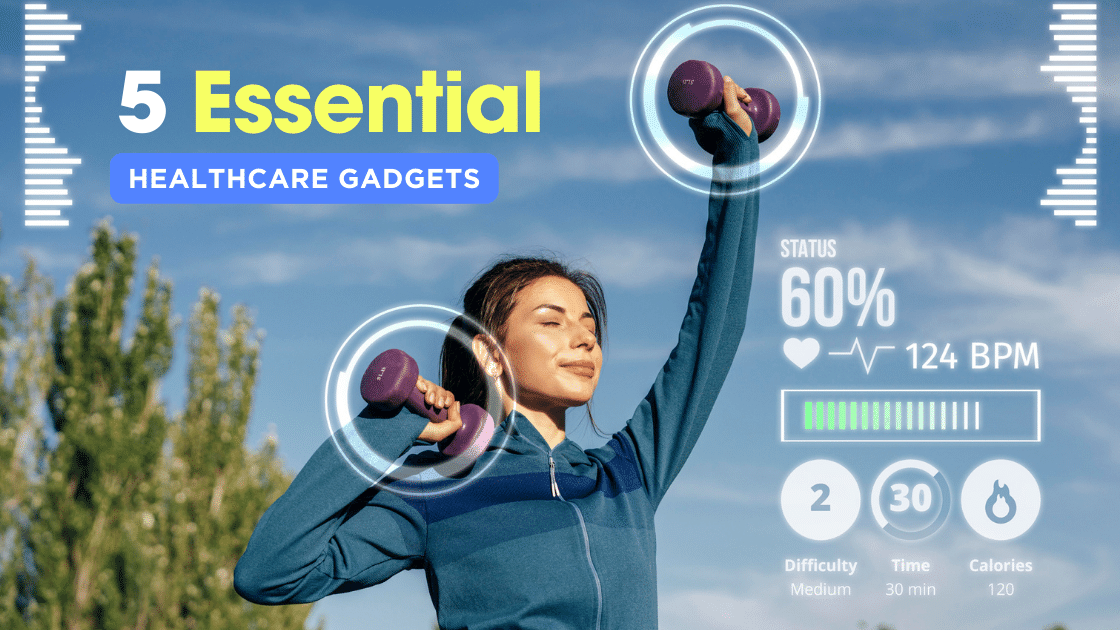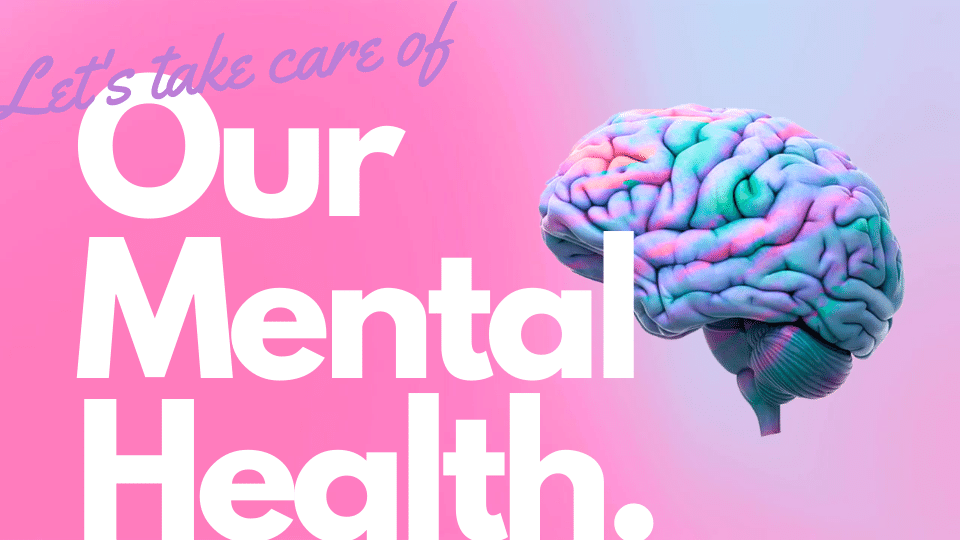Health Benefits of Kiss and Hugs

The health benefits of kisses and hugs have long been recognized and cherished by humans. Affective touch, such as gentle caresses, loving embraces, and passionate kisses, not only brings us joy and happiness but also plays a crucial role in our overall well-being.
The Power of Affective Touch
Affective touch has been shown to have a profound impact on human development and emotional health. From the moment we are born, touch becomes an essential part of our lives, shaping our brain development and forming the foundation for healthy relationships.
In this article, we will delve into the world of kisses and hugs and explore the numerous health benefits they bring. We will explore these benefits through the lens of scientific research, shedding light on the physical and psychological advantages that come with these intimate gestures.
Our main objective is to provide you with a comprehensive understanding of the health benefits of kisses and hugs backed by scientific evidence. So let’s embark on this journey together and discover how these simple acts of affection can positively impact our lives.
1. The Surprising Physical Health Benefits of Kisses
Kissing is not only a romantic gesture but also has surprising physical health benefits. When you engage in a passionate kiss, your body experiences various physiological changes that can have a positive impact on your overall well-being. Let’s explore the remarkable benefits that kissing can offer:
1.1 Boosting Your Immune System Through Kissing
Research has shown that regular kissing can actually boost your immune system. How does this work? Well, when you kiss someone, you exchange bacteria with them. While this might sound unappealing at first, it turns out that this bacterial exchange can actually help build immunity against common pathogens.
- Couples who kiss frequently share a more similar oral microbiota compared to couples who kiss less often.
- By engaging in regular kissing, you are exposing yourself to a wider range of bacteria, which in turn helps strengthen your immune system.
Furthermore, when you engage in passionate kissing, your body releases various hormones like oxytocin, dopamine, and serotonin. These hormones have been linked to positive emotions and can further enhance your immune system’s response.
So, the next time you’re hesitant about sharing a smooch with your partner, remember that it’s not just an expression of love but also a way to boost your immune system and protect yourself against illness.
1.2 The Cardiovascular Benefits of Kissing
When it comes to the health benefits of kissing, cardiovascular health is not to be overlooked. It turns out that kissing can actually have a positive impact on your heart health. Let’s explore how passionate kissing can lower blood pressure and improve cardiovascular well-being.
How Kissing Helps Your Heart
Here are a few ways in which locking lips with your partner can benefit your cardiovascular system:
- Increased Heart Rate and Blood Flow: When you engage in a passionate kiss, your heart rate naturally increases. This surge in heart rate leads to increased blood flow throughout your body, including to your vital organs. The improved circulation can have a positive effect on your cardiovascular system.
- Release of Feel-Good Hormones: Kissing triggers the release of feel-good hormones like oxytocin, dopamine, and serotonin. These hormones are responsible for feelings of pleasure, happiness, and relaxation. The release of these hormones can help reduce stress levels and promote overall well-being.
- Lowered Blood Pressure: Studies have shown that kissing can lead to a temporary decrease in blood pressure. This can be particularly beneficial for individuals with hypertension or high blood pressure. By lowering blood pressure, kissing may help reduce the risk of cardiovascular diseases such as heart attacks and strokes.
It’s important to note that while kissing can offer these cardiovascular advantages, it should not be considered a standalone solution for heart health. Regular exercise, a balanced diet, and other lifestyle factors play a crucial role in maintaining optimal cardiovascular well-being.
So go ahead and pucker up – your heart will thank you!
1.3 Burn Calories While Enjoying a Makeout Session
Kissing is not only a pleasurable experience but can also have surprising health benefits. When you engage in a passionate makeout session, your body reacts in various ways, including the release of certain hormones that contribute to overall well-being.
The Health Benefits of Kissing
One of the key benefits of kissing is its ability to trigger the release of feel-good hormones like oxytocin, dopamine, and serotonin. These hormones are associated with happiness and pleasure. Oxytocin, in particular, is often referred to as the “love hormone” because it plays a crucial role in bonding and social connections.
Additionally, kissing has been found to reduce stress hormone levels, such as cortisol. Cortisol is known as the “stress hormone” and is associated with negative health effects when present in high levels. By reducing cortisol levels through kissing, you can experience a sense of relaxation and stress relief.
Can Kissing Burn Calories?
But what about burning calories? While it may come as a surprise, kissing can actually be a fun way to burn some calories. However, it’s important to note that kissing alone should not be seen as a substitute for regular exercise or a balanced diet.
The exact number of calories burned during a kiss can vary depending on factors such as intensity and duration. Research suggests that an average kiss can burn anywhere from 2-5 calories per minute. While this may not seem like much, if you engage in a longer makeout session or multiple kisses throughout the day, it can add up over time.
The Importance of Emotional Connection
It’s worth mentioning that the calorie-burning aspect of kissing should be seen as an added bonus rather than the primary reason to engage in it. The main benefits of kissing lie in the emotional connection, stress reduction, and release of feel-good hormones.
So, the next time you engage in a passionate kiss, remember that not only are you strengthening your emotional bond with your partner, but you’re also giving your body a boost by releasing those feel-good hormones and even burning a few calories along the way.
2. The Psychological Benefits of Hugs
The health benefits of hugs and affective touch have garnered significant attention in scientific research, shedding light on the profound psychological effects of these simple yet powerful acts of affection. Let’s delve into the remarkable ways in which hugs contribute to our emotional well-being and resilience.
Reducing Stress and Enhancing Emotional Resilience Through Hugging
Hugs serve as a potent antidote to the stressors of daily life, offering a soothing balm for the mind and body. Research has underscored the pivotal role of hugs in stress reduction, demonstrating their ability to alleviate feelings of tension and anxiety.
- Stress Reduction: When embraced, the gentle pressure of a hug stimulates the production of oxytocin, often referred to as the “love hormone,” which promotes relaxation and reduces cortisol levels, thereby dampening the body’s stress response.
- Emotional Resilience: By fostering feelings of security and reassurance, hugs create a nurturing environment that bolsters our capacity to cope with adversity.
This neural pattern triggered by hugs can significantly lower stress levels, fostering a sense of calm and emotional equilibrium. Moreover, it equips individuals with the fortitude to navigate life’s challenges.
The psychological benefits of hugs extend beyond momentary comfort; they play a pivotal role in nurturing our emotional resilience and fortifying our inner strength.
Through their remarkable ability to assuage stress and instill emotional fortitude, hugs emerge as an invaluable source of sustenance for our psychological well-being.

2.2 Strengthening Social Bonds and Fostering a Sense of Belongingness
Hugs, as a form of affective touch, can have profound effects on our mental well-being by triggering a specific neural pattern associated with comfort and affection. These simple acts of physical connection can go a long way in strengthening social bonds and fostering a sense of belongingness within communities.
Building and maintaining social connections
Hugging plays a crucial role in building and maintaining social connections. When we hug someone, we convey warmth, care, and support. This physical act helps to bridge the gap between individuals and fosters a sense of connection and belonging.
Promoting trust and intimacy
Hugs have the power to promote trust and intimacy between individuals. When we embrace someone in a hug, we create a safe space where both parties feel accepted and understood. This deepens the bond between individuals and enhances the quality of their relationships.
Enhancing emotional well-being
The act of hugging releases oxytocin, also known as the “love hormone.” Oxytocin promotes feelings of happiness, reduces stress levels, and enhances overall emotional well-being. By regularly engaging in hugs, we can experience these positive effects on our mental health.
Providing support during challenging times
Hugs offer much-needed support during challenging times. They provide comfort and reassurance when we are feeling down or overwhelmed. The physical embrace not only soothes our emotions but also reminds us that we are not alone in our struggles.
Creating a sense of community
Hugs play an important role in creating a sense of community. In group settings or at social gatherings, hugs serve as a nonverbal way to welcome others, express appreciation, and celebrate shared experiences. They contribute to an atmosphere of inclusivity and unity.
In summary, hugs have significant benefits beyond just physical touch. They:
- Strengthen social bonds and foster a sense of belongingness.
- Promote trust and intimacy.
- Enhance emotional well-being.
- Provide support during challenging times.
- Create a sense of community.
By embracing hugs as a form of affective touch, we can enrich our relationships and cultivate a supportive and connected social network.
Remember, the power of hugs extends beyond the act itself. The emotional benefits they provide are invaluable in navigating life’s challenges and nurturing our mental well-being. So go ahead and embrace the power of hugs to experience these wonderful health benefits in your own life.
3. The Power of Combined Affection: Kisses and Hugs in Relationships
The power of affectionate touch extends beyond the individual level and plays a significant role in fostering strong interpersonal relationships. Both kisses and hugs have been found to have profound effects on the dynamics between romantic partners and family members, enhancing emotional intimacy and overall relationship satisfaction.
3.1 How Couples Can Benefit from Embracing Both Acts of Love
When it comes to romantic relationships, incorporating both kissing and hugging into daily interactions can create a synergistic effect that strengthens the bond between partners. Here are some ways in which couples can benefit from embracing both acts of love:
- Enhanced Emotional Intimacy: Kissing and hugging are powerful expressions of love and affection. When couples engage in these acts, they experience an increased sense of emotional closeness and connection. Physical touch releases oxytocin, often referred to as the “love hormone,” which promotes feelings of trust, security, and attachment.
- Improved Relationship Satisfaction: Regular physical affection, including both kisses and hugs, has been shown to contribute to higher relationship satisfaction levels. Couples who engage in frequent displays of affection tend to feel more loved, valued, and supported by their partner.
- Stress Reduction: Kissing and hugging trigger the release of endorphins, which are natural mood-boosting chemicals that help reduce stress levels. Engaging in these acts with a partner can create a soothing effect and provide a sense of comfort during challenging times.
- Physical Well-being: Physical touch has been linked to various health benefits, such as reduced blood pressure and increased immune system function. By incorporating both kisses and hugs into their daily routine, couples can potentially experience these positive effects on their overall health.
- Shared Moments of Joy: Kissing and hugging can create moments of joy and happiness for couples. These acts of affection can serve as reminders of the love and connection they share, fostering a sense of appreciation and gratitude for one another.
It is important to note that the benefits of affectionate touch in relationships are not limited to romantic partners. Family members, such as parents and children, can also experience similar advantages by incorporating kisses and hugs into their interactions.
3.2 The Role of Family Hugs and Affectionate Pecks in Parent-Child Relationships
In addition to romantic relationships, hugs and kisses play a crucial role in parent-child relationships. Here’s why parental warmth expressed through hugs and kisses is vital for fostering secure attachments and healthy development in children:
- Secure Attachments: Physical touch, including hugs and kisses, helps infants develop a secure attachment to their parents. These acts convey love, reassurance, and a sense of safety, establishing a strong foundation for emotional well-being.
- Emotional Regulation: Hugs have been shown to help children regulate their emotions, especially during times of distress or anxiety. The physical comfort provided by a parent’s embrace can help soothe a child and provide them with a sense of security.
- Positive Reinforcement: Affectionate touch serves as a form of positive reinforcement for children’s behavior. By offering hugs and kisses as expressions of love and approval, parents can reinforce positive behaviors in their children, promoting self-esteem and self-worth.
- Building Trust: Regular physical affection between parents and children builds trust and strengthens the parent-child bond. This bond serves as a foundation for open communication, empathy, and understanding within the family unit.
Both kisses and hugs have immense power in shaping the dynamics of interpersonal relationships. Couples who embrace both acts of love can experience enhanced emotional intimacy, improved relationship satisfaction, stress reduction, physical well-being, and shared moments of joy. Similarly, hugs and kisses between parents and children foster secure attachments, emotional regulation, positive reinforcement, and trust. By incorporating these acts of affection into our relationships, we can cultivate deeper connections and promote overall well-being for ourselves and our loved ones.

3.2 The Importance of Hugs and Kisses in Parent-Child Relationships
Physical affection, like hugs and kisses, plays a vital role in nurturing parent-child relationships. These gestures of love and warmth have significant benefits for both children and parents.
Why are hugs and kisses important in parent-child relationships?
- Building emotional connection: When parents show affection through hugs and kisses, it helps create a strong emotional bond with their children. This bond provides a sense of love, security, and comfort to children, which is crucial for their emotional well-being.
- Promoting healthy development: Regular physical affection has been found to stimulate the release of oxytocin (the “love hormone”) in both parents and children. This hormone is associated with feelings of trust, attachment, and overall happiness. It also helps regulate stress levels in both adults and children.
- Encouraging positive self-image: Receiving hugs and kisses from their parents can boost children’s self-esteem and confidence. It sends them the message that they are loved unconditionally, which contributes to a positive self-image.
- Developing social skills: Securely attached children, who have experienced consistent physical affection, tend to have better social skills and empathy towards others. They learn how to form healthy relationships based on trust and affection.
- Creating lasting memories: Hugs and kisses are not just simple acts; they hold deep meaning and significance. These expressions of love create beautiful memories that children will cherish as they grow older.
“When I give my child a hug or a kiss, it’s like I’m saying ‘I love you’ without using words. It strengthens our bond and makes them feel safe and loved.” – Sarah, a mother of two.
“Hugging my child every day has made a huge difference in our relationship. It’s not just about the physical contact but also about the emotional connection we share.” – Mark, a father of one.
Tips for incorporating hugs and kisses into your parent-child relationship:
- Be mindful of your child’s comfort: Every child is different, so it’s essential to respect their boundaries and preferences when it comes to physical affection. Some children may not enjoy hugs or kisses as much, or they may need more personal space. Pay attention to their cues and find alternative ways to show love and affection if needed.
- Make it a daily ritual: Set aside a specific time each day for hugs and kisses. It could be in the morning before school, at bedtime, or during family meals. This regular practice helps create a sense of routine and ensures that physical affection becomes an integral part of your relationship.
- Combine physical touch with verbal expressions: While hugs and kisses are powerful on their own, combining them with verbal expressions of love amplifies their impact. Say “I love you” while hugging your child or give them compliments along with a kiss on the cheek. This combination reinforces the message of love and affection.
- Extend physical affection beyond immediate family: Encourage other family members, like grandparents or siblings, to also show physical affection towards your child. This broadens their support network and strengthens their overall sense of belonging.
Incorporating hugs and kisses into your parent-child relationship can have profound effects on both you and your child’s well-being. It creates an atmosphere of love, warmth, and security where children can thrive emotionally and socially.
“Hugs and kisses are not just gestures; they are expressions of love that nourish our souls. They have the power to strengthen relationships and create lasting memories.” – Emma, a mother of two.
Remember that every child is unique, so adapt these suggestions based on their individual needs and preferences. Find what works best for your family and enjoy the beautiful moments of connection that physical affection brings.
4. The Science Behind Longing for Touch: Why We Crave Kisses and Hugs
In today’s digital age, human touch deprivation has become a pressing concern with the increased reliance on virtual communication and decreased physical contact. The COVID-19 pandemic has further exacerbated this issue, leading to prolonged periods of physical distancing and limited opportunities for in-person interaction.
The Psychological Effects of Human Touch Deprivation
The implications of relying on virtual touch substitutes are significant, particularly in terms of the psychological effects on individuals. Human touch is a fundamental form of communication that conveys comfort, support, and emotional connection. The absence of physical contact can lead to feelings of loneliness, isolation, and anxiety, impacting overall mental well-being.
Research has shown that human touch plays a crucial role in regulating emotions and reducing stress by triggering the release of oxytocin, often referred to as the “love hormone.” Without regular physical contact, individuals may experience heightened levels of cortisol, the stress hormone, which can have detrimental effects on both mental and physical health.
Navigating Touch Hunger in a Digital Age
The pandemic has highlighted the challenges of navigating touch hunger in a digital age, emphasizing the need for alternative strategies to fulfill the innate human desire for connection. While virtual communication platforms offer a means of maintaining social ties, they cannot fully replace the sensory experience and emotional depth provided by in-person interactions.
Here are some approaches to consider:
- Exploring innovative technologies: Some researchers are exploring the development of devices or systems that simulate tactile sensations to provide a sense of touch during virtual interactions.
- Prioritizing safe physical contact: When it is safe to do so, making deliberate efforts to prioritize safe physical contact with loved ones can help alleviate touch deprivation.
- Engaging in self-care practices: Practicing self-care activities that promote relaxation and reduce stress can be helpful in managing the psychological effects of touch hunger.
Conclusion
The yearning for kisses and hugs stems from our innate need for human connection and emotional validation. Understanding the psychological significance of touch deprivation is pivotal in fostering empathy and compassion towards oneself and others during challenging times.
Healing Touch Therapies: Exploring Alternative Solutions for Those Lacking Physical Affection
In a world where hugs and handshakes have become risky behaviors, many of us are experiencing a lack of physical touch. Whether it’s due to social distancing measures or personal circumstances, this human touch deprivation can have both psychological and physiological effects on our well-being.
The Power of Human Touch
Human touch is a fundamental way we connect with others. It releases oxytocin, a hormone that promotes bonding and reduces stress. When we’re deprived of this touch, it can lead to feelings of loneliness, anxiety, and even depression.
The Pandemic’s Impact on Physical Affection
The COVID-19 pandemic has exacerbated the issue of touch deprivation. With restrictions on physical contact and the increased use of virtual communication, many individuals are left craving the warmth and comfort that can only come from a hug or a pat on the back.
Exploring Alternative Solutions
While nothing can truly replace the feeling of human touch, there are several healing touch therapies and self-soothing practices that can help alleviate the effects of touch deprivation:
- Therapeutic Touch: This technique involves using your hands to gently manipulate energy fields around the body, promoting relaxation and healing.
- Massage Therapy: Whether through self-massage or professional sessions (following safety guidelines), massage can release tension and provide a sense of comfort.
- Aromatherapy: Using essential oils with calming scents like lavender or chamomile can create a relaxing atmosphere and help reduce stress.
- Virtual Touch Substitutes: Virtual reality experiences that simulate physical sensations may offer some relief for those missing tactile interactions.
- Self-Soothing Practices: Engaging in activities like taking warm baths, cuddling with a pet, or practicing deep breathing exercises can activate the body’s relaxation response.
The Importance of Self-Care
In times when physical touch is limited, it’s crucial to prioritize self-care and find alternative ways to fulfill our need for connection. By incorporating these therapeutic touch techniques and self-soothing practices into our daily routines, we can support our mental and emotional well-being.
Remember, healing doesn’t always come from external sources. Sometimes, the power to heal lies within ourselves.
Embracing a Healthy Balance: Finding Comfort in Kisses and Hugs Without Overdoing It
When it comes to physical affection, finding a healthy balance is key. While kisses and hugs offer numerous health benefits, it’s important to remember that moderation is essential. Respecting personal boundaries and navigating cultural differences are also crucial factors to consider. Here are some practical tips for maintaining a balanced approach to physical affection:
1. Respect personal boundaries
Everyone has different comfort levels when it comes to physical touch. It’s essential to respect the boundaries of others and communicate openly about what feels comfortable for both parties. This ensures that affectionate gestures are appreciated and welcomed.
2. Consider cultural norms
Cultural norms regarding physical affection can vary significantly from one society to another. What may be acceptable in one culture may not be in another. It’s important to be aware of and respectful towards the cultural context in which you find yourself. This can help avoid misunderstandings or unintentionally crossing boundaries.
3. Practice consent
Consent is an essential aspect of any physical interaction. Before engaging in kisses or hugs, make sure that both parties have given clear and enthusiastic consent. This creates a safe and comfortable environment where everyone involved feels respected and valued.
4. Be mindful of context
The appropriateness of kisses and hugs can vary depending on the situation. While affectionate gestures may be appropriate in close relationships or intimate settings, they may not be suitable in professional or public environments. Being mindful of the context helps ensure that physical affection is expressed appropriately.
5. Focus on quality over quantity
Rather than focusing solely on the number of kisses or hugs, prioritize the quality of these interactions. Meaningful, genuine connections hold more significance than sheer quantity.
By embracing a healthy balance and being mindful of personal boundaries, cultural norms, consent, context, and prioritizing quality over quantity, you can enjoy the many benefits of kisses and hugs without overdoing it. Remember, it’s the thoughtfulness and intention behind these gestures that truly make them meaningful.
Word count: 250
The Enduring Magic of Human Connection Through Touch
Human touch is an irreplaceable form of connection that transcends cultural and linguistic barriers. It serves as a universal language of empathy, compassion, and love. Whether it’s a tender hug or a loving kiss, the power of human touch is unparalleled in its ability to convey emotions and foster meaningful relationships.
The Significance of Physical Touch in a Digital World
In a world increasingly dominated by digital communication, the significance of physical touch should not be underestimated. It has the remarkable capacity to communicate care, understanding, and support in ways that words often cannot. A simple hug can provide solace during times of distress, while a heartfelt kiss can express profound affection and connection.
From Individual Relationships to Broader Societal Implications
The power of human touch extends beyond individual relationships to encompass broader societal implications. Acts of physical affection have the potential to bridge divides and cultivate a sense of unity within communities. They serve as poignant reminders of our shared humanity and the fundamental need for warmth and tenderness.
Embracing the Magic of Human Connection Through Touch
As research continues to unveil the multifaceted benefits of kisses and hugs on physical and emotional well-being, it becomes increasingly evident that human touch is an indispensable aspect of a fulfilling and healthy life. By embracing the enduring magic of human connection through touch, we not only enhance our own well-being but also contribute to creating a more compassionate and empathetic world for all.
All content on this website is for general informational, educational, and entertainment purposes only. It is not a substitute for professional advice in any field, including but not limited to health, fitness, nutrition, wellness, finance, legal, technology, or lifestyle.
While we strive for accuracy, we make no guarantees about the completeness, reliability, or suitability of the information. Any action you take based on this content is at your own risk.
Always consult a qualified professional before making decisions related to health, finances, legal matters, or any other specialized area. The website and its authors are not liable for any loss, injury, or damage resulting from use of this information.






